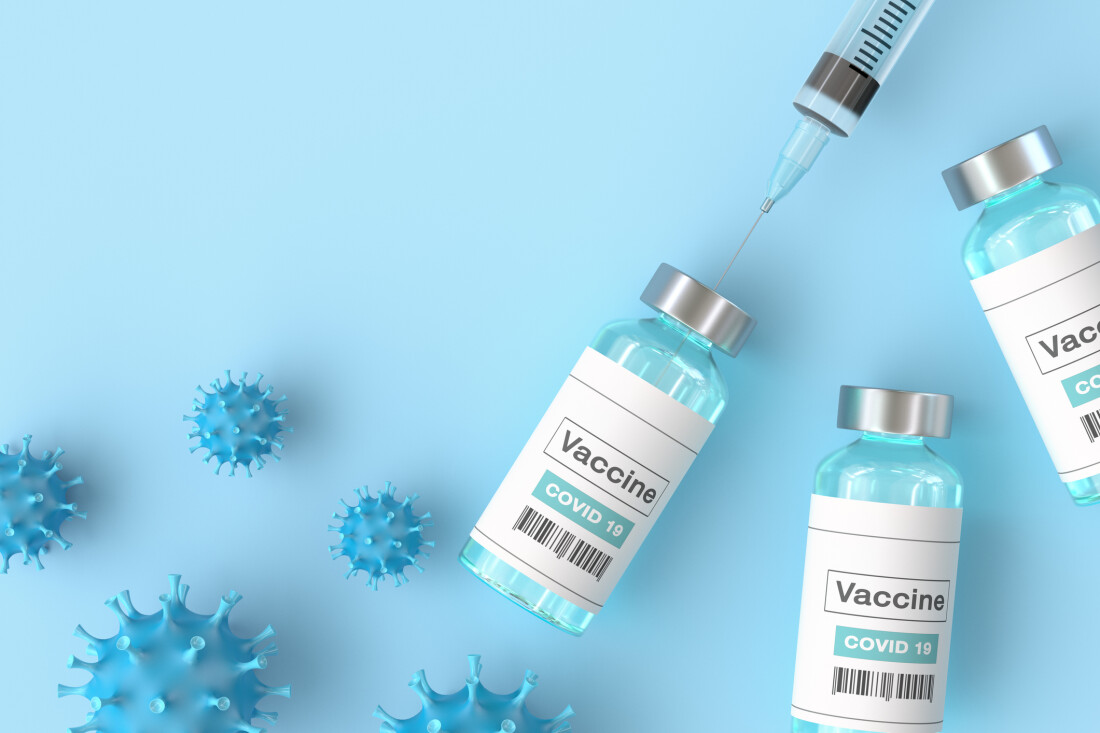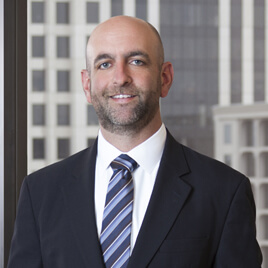
According to Plaintiffs’ Amended Complaint, they argue that Defendants are “forcing its employees to be human ‘guinea pigs.’” Plaintiffs alleged wrongful termination, claimed violations of the at-will employment doctrine, and sought declaratory and injunctive relief.
The crux of Plaintiffs’ arguments is that unlike other vaccines that might be required to work in certain settings or for a child to attend public school, the COVID-19 vaccine has only been given emergency use authorization – not FDA approval. The Plaintiffs further argued that forced participation in the vaccination campaign equates to a violation of the Nuremberg Code of 1974, Texas public policy, and Federal regulations by categorizing Houston Methodist’s efforts to reach 100% vaccination among employees as coercion. Further, Plaintiffs compare their plight to those who endured forced medical experiments at the hands of Nazi German scientists during the Holocaust.
Despite the majority of Plaintiffs’ Amended Complaint decrying the COVID-19 vaccine and focusing on potential dangers of requiring employees to take it, Judge Hughes made clear, “Vaccine safety and efficacy are not considered in adjudicating this issue [of wrongful termination].”[3] Judge Hughes explained that “Texas law only protects employees from being terminated for refusing to commit an act carrying criminal penalties to the worker.”[4] Simply put, Texas law only protects employees from being compelled by their employer to commit an illegal act. Getting vaccinated does not trigger a legal penalty, and, therefore, requiring workers get vaccinated is legally permissible because getting the COVID-19 vaccine is not an illegal act. Just like requiring a specific work uniform would not be an illegal action, the requirement that employees be vaccinated does not give rise to a legal cause of action.
Regarding the Plaintiffs’ claim that they are test subjects whose rights are being violated under federal law protecting “Human subjects” (who would be required to consent to the trial), the Court ruled that the Defendants were not testing the vaccine or conducting a clinical trial.[5] Instead, the Court established that Defendants were merely instituting a policy designed to protect the safety of its employees and patients.
As for the claim of Nuremberg Code violations, Judge Hughes made plain (several times) that the Defendants are a private employer, and, therefore, the Nuremberg Code (like other federal law provisions Plaintiffs sought refuge under) does not apply.[6] Judge Hughes did not appreciate Plaintiffs’ comparison of their situation to those in WWII concentration camps calling the analogy “reprehensible.”[7] After addressing each legal claim, Judge Hughes clarified that Plaintiffs “had not been coerced.”[8] Rather, “Bridges can freely choose to accept or refuse a COVID-19 vaccine; however, if she refuses, she will simply need to work somewhere else. If a worker refuses an assignment, changed office, earlier start time, or other directive, he may be properly fired. Every employment includes limits on the worker's behavior in exchange for remuneration. That is all part of the bargain.”[9]
This case is not alone, and many more like it are anticipated to spring up around the country with more and more employers announcing similar vaccine mandates. Similar lawsuits brought by plaintiffs raising similar arguments were decided in favor of employers. For instance, in California Educators for Medical Freedom et al. v. The Los Angeles Unified School District et al., 21-cv-02388 (C.D. Cal. filed 3/17/2021), a group of LAUSD employees filed suit against the school district and its superintendent after the district required employees either be vaccinated or submit to regular COVID-19 testing – stopping short of actually requiring all workers be vaccinated. The district moved to dismiss the lawsuit primarily arguing that the case was not ripe because no mandate had been issued yet, so there has been no “injury” and no ripe case or controversy. The court dismissed the plaintiffs’ argument that the case was ripe due to the “threat of future injury.” The plaintiffs could not show that LAUSD planned to require inoculation without allowing for exemptions or that any employee had incurred an adverse employment action. Therefore, the court granted the district’s motion to dismiss the lawsuit on July 27, 2021.
While the plaintiffs in Bridges have initiated an appeal of this decision, the issue will likely be mooted once the vaccines get full approval by the FDA which is expected before the year’s end.[10] In the meantime, a review of lawsuits brought around the country strikingly similar to the Bridges lawsuit reveal a pattern – courts are unwilling to invalidate vaccine mandates by employers. It is unlikely the lawsuits will slow down now that more employers are announcing vaccine requirements for their workers, but so far the courts have come down consistently on the side of the employer. Employers should feel confident that if they wish to enforce a vaccination requirement policy that any lawsuit brought will either get thrown out or be mooted by the impending full approval of the vaccines by the FDA.
More employers are either requiring their employees be vaccinated or are announcing plans to implement such mandates. Therefore, just like the virus surges, we can expect a new wave of lawsuits being filed to fight vaccine mandates. If these few cases are any barometer of the chance of success for employee plaintiffs, as long as employers provide reasonable accommodations or alternatives to being vaccinated, work employees will likely fail in their efforts to stop workplace COVID-19 vaccination efforts.
The Segal McCambridge Employment Practice Group is readily available to advise employers on these issues. For more information on the firm’s employment practice, email Employment Practice Group Chair Peter Strelitz at pstrelitz@smsm.com or the author, Christina Gutierrez, at cgutierrez@smsm.com.
[1] Bridges v. Hous. Methodist Hosp., No. H-21-1774, 2021 U.S. Dist. LEXIS 110382 (S.D. Tex. June 12, 2021).
[2] Plaintiffs have filed a Notice of Appeal to the Fifth Circuit Court of Appeals.
[3] Id. at *3.
[4] Id. (citing Sabine Pilot v. Serv., Inc. v. Hauck 687 S.W.2d 733, 735 (Tex. 1985).
[5] Id. at *6.
[6] Id. at *7.
[7] Id.
[8] Id.
[9] Id.
[10] Marlene Lenthang, How COVID-19 vaccine policies have triggered lawsuits and workplace showdowns, ABC News (June 20, 2021, 9:16 AM), https://abcnews.go.com/Business/covid-19-vaccine-policies-triggered-lawsuits-workplace-showdowns/story?id=78204107; Laurie McGinley, Q&A: When might the coronavirus vaccines get full approval?, Washington Post, (Aug. 2, 2021, 9:00 AM), https://www.washingtonpost.com/health/2021/08/02/coronavirus-vaccines-fda-full-approval-timeline/.


